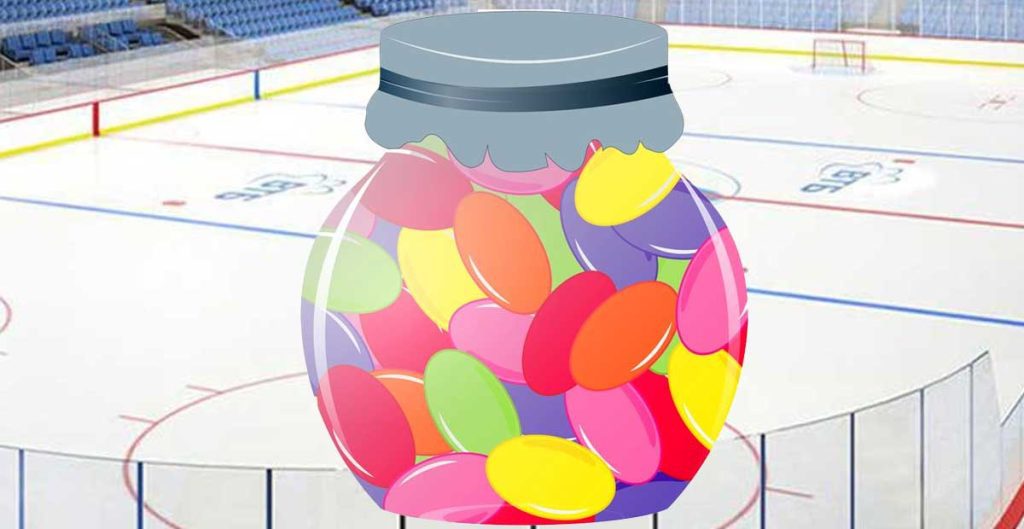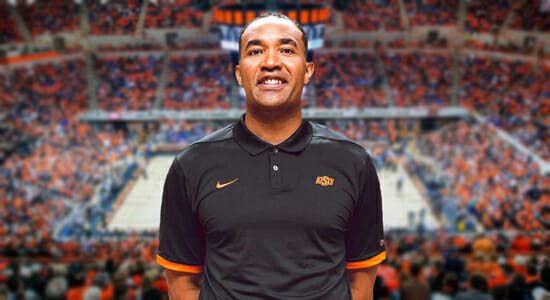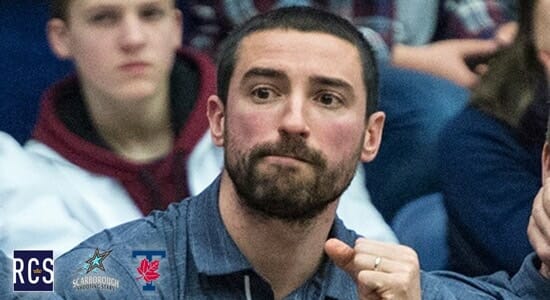
CFL’s Al Bradbury On How To Become A Football Official
Al Bradbury | CFL Official | Canadian Football League



I was 31 years old when I started officiating in 1996, and at the time, I was told it was too late to make it to the CFL. Luckily for me, in the spring of 2000, I received a call from the CFL Director of Officiating Neil Payne.
Al Bradbury
CFL Official
Canadian Football League
Tell us about your journey becoming a football official.
As odd as it sounds it was a bus ride. I had played football in Ontario and coached there as well, but when I moved to Manitoba I had lost my football contacts. I was on a bus and talking with a person I worked with and the subject of football came up. He was an official and it sounded like a way to get back into the game. I went to an officials meeting the next day, and within a couple of weeks, I was on the field. I did not have a clue about what I was doing, but I really felt like I was part of the game again and could not wait to get to the next game.


At the time you started, what did the road to becoming a CFL Official look like?
I was 31 years old when I started officiating in 1996, and at the time, I was told it was too late to make it to the CFL. Luckily for me, a couple of doors opened quickly, and I was officiating at the university level after two years. I figured that would be my highest level. In the spring of 2000, I received a call from the CFL Director of Officiating Neil Payne, to come by and have a talk. Since the official’s camp had already happened that year, I thought this would be an interview for next season.
When I met with Neil, it felt like we had a good conversation. In the end, he asked me if I could officiate at the professional level. I said yes, and to my surprise, he handed me the mechanics manual and rule book and said: “I guess we will see”. He then started talking about a game in Winnipeg in ten days, so I should study hard, and if I had any questions to call him. He walked me out and as I drove home, I started to question what just happened. I could not believe that I would go on the field without a camp, that I would just prepare myself and show up to the pregame meeting and say, “Hi I’m here to do the game”.
I waited a couple of days, came up with a good question to ask Neil, and called him. He answered my question and at the end of the call asked me what name I wanted my tickets in for the game (each official receives two complimentary tickets per game). At that point, I believed I was going on the field. I did the game and was invited to camp next year for the 2001 season and that’s how I got in the league.


Being an official can be a lot of pressure in professional sports. Take us through what you do during the year to be at the top of your game as a CFL official?
All levels of sport put a great deal of pressure on the officials, no matter how good the game was going, one play can take all that away. There are no plays off, no subs coming in to relieve you. You must be on and ready to go before the game starts, arriving at the venue, walk around, meetings with the coaches, the game itself, and the post-game. So, it is all about being prepared.
Being physically fit to do the game is not just good for your sport but yourself as well. Officiating is both mentally and physically draining, so you need to put yourself in the best position to succeed as possible. Athletes train for their sport and positions such as speed and strength. Officials should train with that in mind also. The ability to move and change direction is the most important in many sports. A burst of speed to close down on a play or take a spot while remaining focused on the game is crucial.
One of the great advancements for officials has been the access to video, watching yourself officiate will be the best tool to improve your game. Watching your positioning, checking to see if you’re looking in the correct area for the play as you receive it. Did you put yourself in a position to see the play, see the space, judge the contact, know where the ball was at all times? With the good of video comes the bad, when you make a mistake it is there to watch over and over, the trick is to use it to make you better not beat you down.
Being fit and being in the right position is great but if you don’t know your rules it does not matter. Rules knowledge is simply the most important part of your officiating game. What I concentrate on most is the “Spirit of the rule”, when you understand the purpose of the rule the ability to see the need to enforce it becomes clearer.


What is the toughest thing and what is the most rewarding thing about your job?
For me, both are family.
The hardest part was leaving so often on weekends while missing birthdays and special events. My wife and children have all officiated and understand the pressures that come with it. But of course, there is also the negative press that can be consequences of big calls in games that even when correct, are questioned and your name is dragged around.
It is the most rewarding thing as well. My wife has travelled to every CFL stadium to watch and support me. When the kids were younger, we would make holidays out of it and they would get to some of the cities as well. During the 2006 and 2015 Grey Cups in Winnipeg, I was able to have them all in the stands while I officiated the games.


What is the most memorable game you have been on the crew for?
I would have to say the 2015 Grey Cup in Winnipeg, my hometown, where I started my officiating experience. My family was able to be at the game and take part in several the pregame events as Grey Cup week is full of fun fan experiences. I also got to do this game with the support crew that got me into officiating, The Manitoba Football Officials Association, who worked the sticks, ball personnel, timing crew. That is the group I get to work at high school games with and other minor football. I was enormously proud to lead them out on the field that day.
What advice would you give to young people who are considering being an official in any sport?
Do it because we need officials at all levels. Everyone has to start somewhere. Everyone will be nervous and will make mistakes that are part of the growth. Remember that you are there to help the game and the game needs you. There will be many ups and downs.
At first, with all the self-doubt, it will seem more down than up, but that will change. Find your support within your officiating group, ask the questions, take the advice, and put it into play.
During my career in the CFL, two of my first season classmates have been my go-to support from game one. Dave Foxcroft, Jeff Harbin, and I came in together and have maintained incredibly supportive season after season. I was lucky to be Dave’s back up referee when he did his first Grey Cup as the crew chief in Ottawa in 2017, and I worked on the field with Jeff during the grey cup in 2006. Honest and constructive support from your peers will advance your game like nothing else.
I had an absolute blast chatting with Al Bradbury, veteran CFL Official of 20 years. I was fortunate to meet him while officiating basketball and our initial conversation about his career in the CFL was phenomenal. Al has not only reached the highest level of officiating in football but he also officiates USports basketball as well. He contributes positively to the games of both football and basketball through his hard work and his preparedness allows him to be successful. His decades of experience also allows him to mentor younger officials and continue to support those who are moving up the ranks. For the readers out there, getting involved in officiating sports is a great way to give back to the game and make friends. Al’s journey into the CFL is proof of just that.
The Latest







